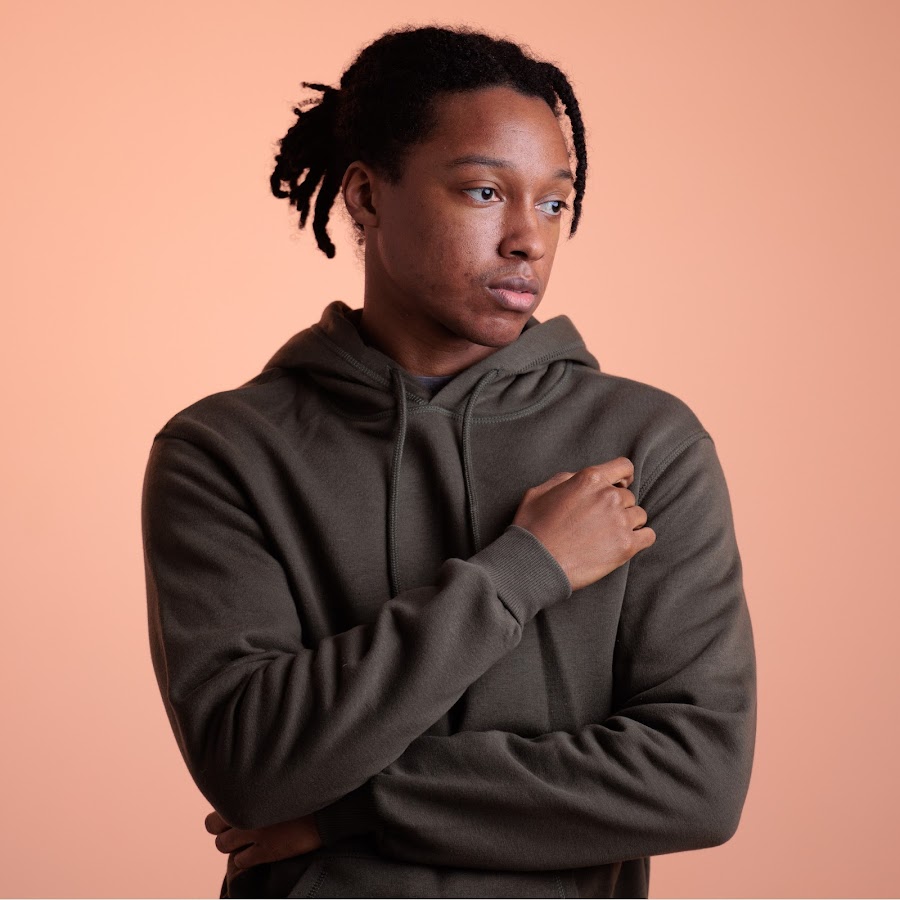Note: If you wish to receive, via e-mail, (1) my weekly newsletter or (2) daily copies of these posts, notify me at rrbates1951@gmail.com and indicate which you would like. I promise not to share your e-mail address with anyone. To unsubscribe, send me a follow-up email.
Monday
I was watching a clip of African American comedian Josh Johnson reflecting on the shooting death of HealthCare CEO Bryan Thompson, and one thing he said reminded me of a passage in Salman Rushdie’s Midnight’s Children. While Johnson decried the murder, he said his first response was relief over the fact that the shooter was not Black. Or as he put it,
When I saw it happen, when I saw that video footage that they played, when I saw that dude walk up and pull out that gun and point it at the CEO, when I saw that I thought to myself, “Thank God, those are white hands.” When I saw those lily white hands…When I saw those pearly white hands, I thought to myself, “What a white sight! What a beautiful White thing to happen that doesn’t have anything to do with me, that should not blow back on me at all. What a White moment in America!”
We can well understand his response given how so many American Whites readily associate African American men with violent crime. In fact, the association is so automatic that, as Johnson went on to point out, CBS News couldn’t altogether break with past habits. Instead of identifying the killer as White, it… But here’s Johnson:
And they said on CBS, “a light-skinned man…No! No, no, not! Light skinned! When has the News ever said, “light skinned.” Light skinned! I was horrified! Now, you know that if it had been a Black person they would have said “Black” because they love saying “Black.” They like saying, “This Black was last seen at the scene of the crime.” If you’ve seen this Black, call this number so you can report him for this blackety-black crime.
The key dividing line in Midnight’s Children is between Hindu Indians and Muslim Indians (and then Muslim Pakistanis). When Hindu Mahatma Gandhi is assassinated, the Muslim community in the novel, worried that the assassin is Muslim, goes into immediate lockdown:
The audience had begun to scream before [the television announcer] finished; the poison of his words entered their veins—there were grown men rolling in the aisles clutching their bellies, not laughing but crying, Hai Ram! Hai Ram! -and women tearing their hair: the city’s finest coiffures tumbling around the ears of the poisoned ladies-there were film-stars yelling like fishwives and something terrible to smell in the air—and Hanif whispered, ‘Get out of here, big sister-if a Muslim did this thing there will be hell to pay.’
…[F]or forty-eight hours…our family remained within the walls of Buckingham Villa (‘Put furniture against the doors, whatsitsname!’ Reverend Mother ordered. ‘If there are Hindu servants, let them go home!’); and Amina did not dare to visit the racetrack.
The killer, however, was a right-wing Hindu nationalist, Nathuram Godse, who considered Gandhi too pro-Muslim and too soft on Pakistan. This leads to the following version of Josh Johnson’s response:
[F]inally the radio gave us a name. Nathuram Godse.
‘Thank God,’ Amina burst out, ‘It’s not a Muslim name!’
And Aadam, upon whom the news of Gandhi’s death had placed a new burden of age: ‘This Godse is nothing to be grateful for!’
Amina, however, was full of the light-headedness of relief, she was rushing dizzily up the long ladder of relief. . . ‘Why not, after all? By being Godse he has saved our lives!’
Gandhi’s killing and Thompson’s killing are both tragedies, as both Rushdie and Johnson make clear. But we can understand why vulnerable populations would first think of themselves in the wake of such events.


